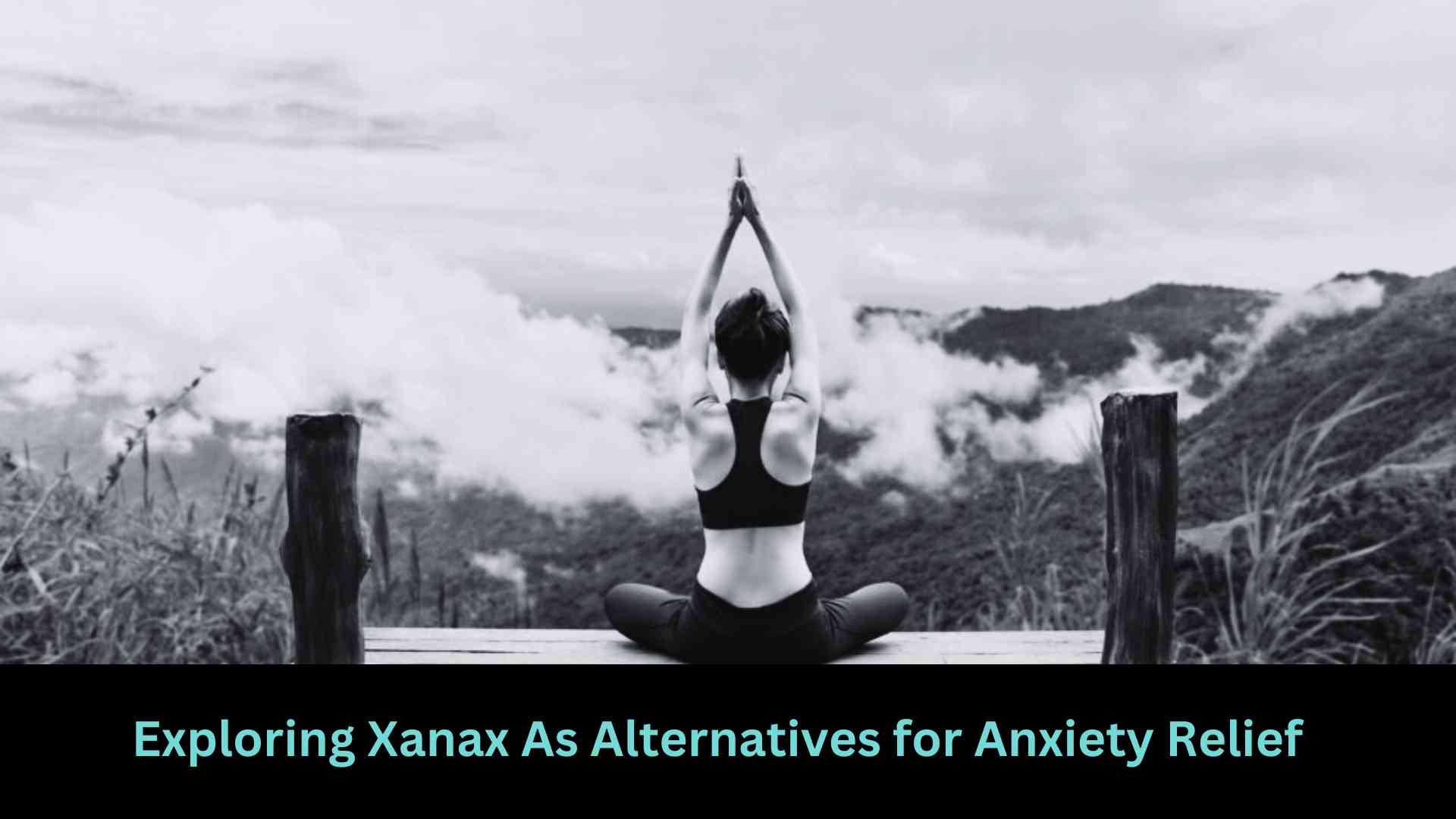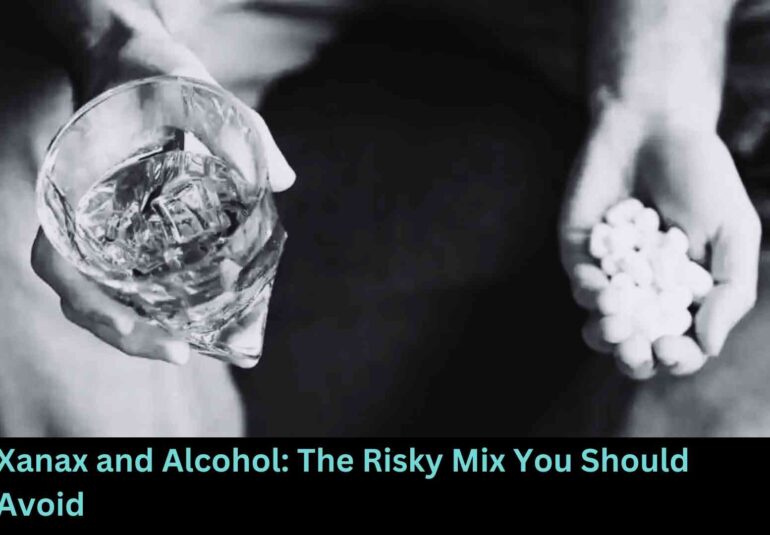
- Xanax
-
by rohit1
Exploring Xanax : It discusses finding other options for anxiety relief instead of Xanax. Discovering other options to Xanax can help people manage their mental health and find a better way to relieve anxiety. A healthcare provider can help create a personalized plan to effectively manage anxiety and reduce risks. Xanax is a popular medication for anxiety and panic disorders. The guide discusses different alternatives to Xanax. The article follows the following structure:
Introduction
The article discusses anxiety in today’s world and highlights the common use of Xanax as a treatment for it. It highlights the need for alternatives to Xanax because of concerns about its addictive nature and potential side effects.
In mental health, anxiety disorders are common. People with anxiety often use Xanax to find relief from their constant worry. If you’re worried about the risks and side effects of this medication, it’s smart to consider other ways to reduce anxiety.
An essential consideration for those leaning on Xanax is its potential for allergic reactions and drug interactions. It’s advisable to always adhere to the prescription label instructions, typically recommending a dose of 0.5 mg for immediate relief. Nevertheless, if concerns about allergic reactions, liver disease, or the possibility of pregnancy arise, consulting with a healthcare provider is paramount. Xanax boosts alcohol’s effects, increasing misuse, mental health issues, and addiction risks.

Exploring Xanax: Understanding Xanax and Its Concerns
It provides detailed information about Xanax, including its generic name (Alprazolam) and its specification as a benzodiazepine. It discusses the worries about Xanax, like its addictive nature, usual side effects, and symptoms when stopping.
Exploring Xanax As Alternatives for Anxiety Relief
This is the core section of the article “Exploring Xanax As Alternatives for Anxiety Relief” where it discusses various alternatives to Xanax. We categorize these alternatives into different approaches.
1. Cognitive Behavioral Therapy (CBT)
The article explains the concept of CBT and how it is an evidence-based approach to treating anxiety disorders. It emphasizes the role of CBT in identifying and changing negative thought patterns and behaviors.
2. Meditation and Mindfulness
This part discusses the benefits of meditation and mindfulness in reducing anxiety. I suggest that you begin by using popular meditation apps like Headspace and Calm.
3. Herbal Supplements
The article introduces herbal supplements such as Valerian root, Kava, and Passionflower as potential alternatives to Xanax. It advises readers to consult healthcare professionals before trying any herbal remedies.
4. Exercise
Regular exercise reduces anxiety and increases the production of mood-boosting endorphins.
5. Aroma-therapy
This section tells you how using lavender and chamomile oils in aroma-therapy can help you relax and reduce anxiety.
6. Yoga
The article discusses yoga as a holistic approach to managing anxiety through physical postures, breathing exercises, and meditation.
7. Dietary Changes
Eating a healthy diet with whole grains, fruits, vegetables, and omega-3 fatty acids can improve mood and reduce anxiety.
8. Acupuncture
The article introduces acupuncture, a traditional Chinese medicine practice, as a potential option for anxiety management.
9. Support Groups
Consider joining support groups or seeking therapy to share experiences and coping strategies with others dealing with anxiety.
10. Prescription Alternatives
The article mentions other options to Xanax, like SSRIs and Buspirone, which are less addictive.

Exploring Xanax: Conclusion
The article Exploring Xanax As Alternatives for Anxiety Relief ends by summarizing the main points and stressing the need to consult healthcare professionals for personalized anxiety management. For individuals feeling anxious but wary of these factors, alternative treatments and therapies can offer a path to reduced anxiety. Mental health professionals often provide psycho-therapy, which can effectively treat anxiety disorders without the need for medication. Additionally, lifestyle changes, relaxation techniques, and stress management practices can all contribute to anxiety reduction.




